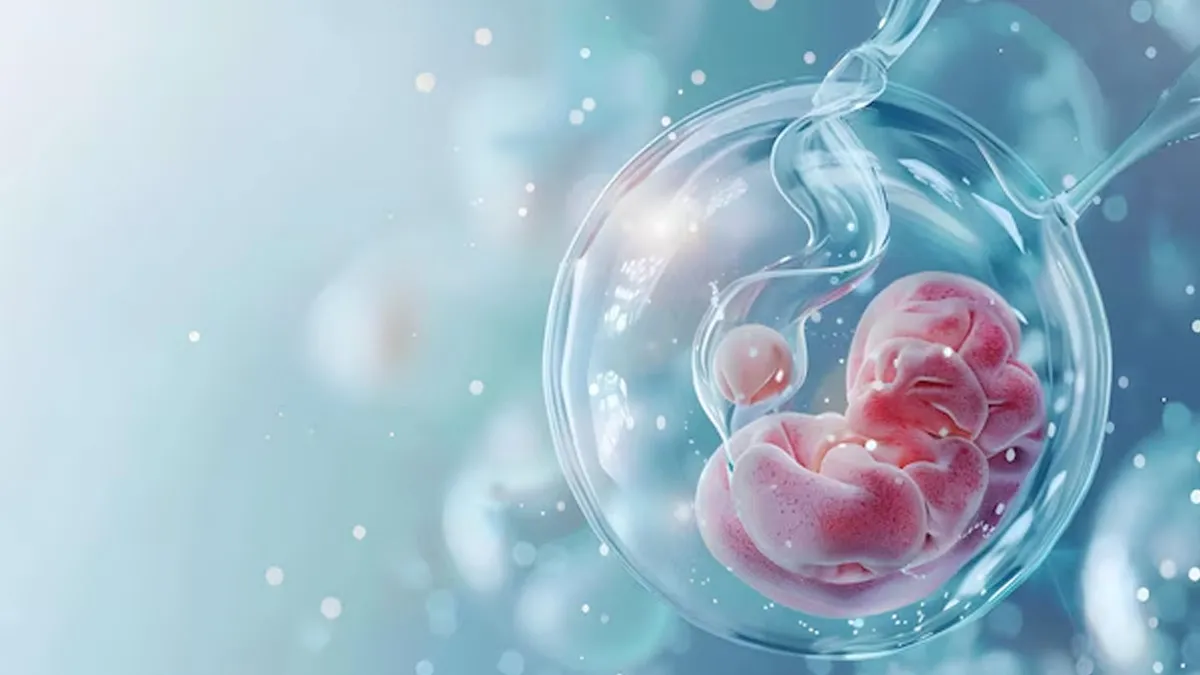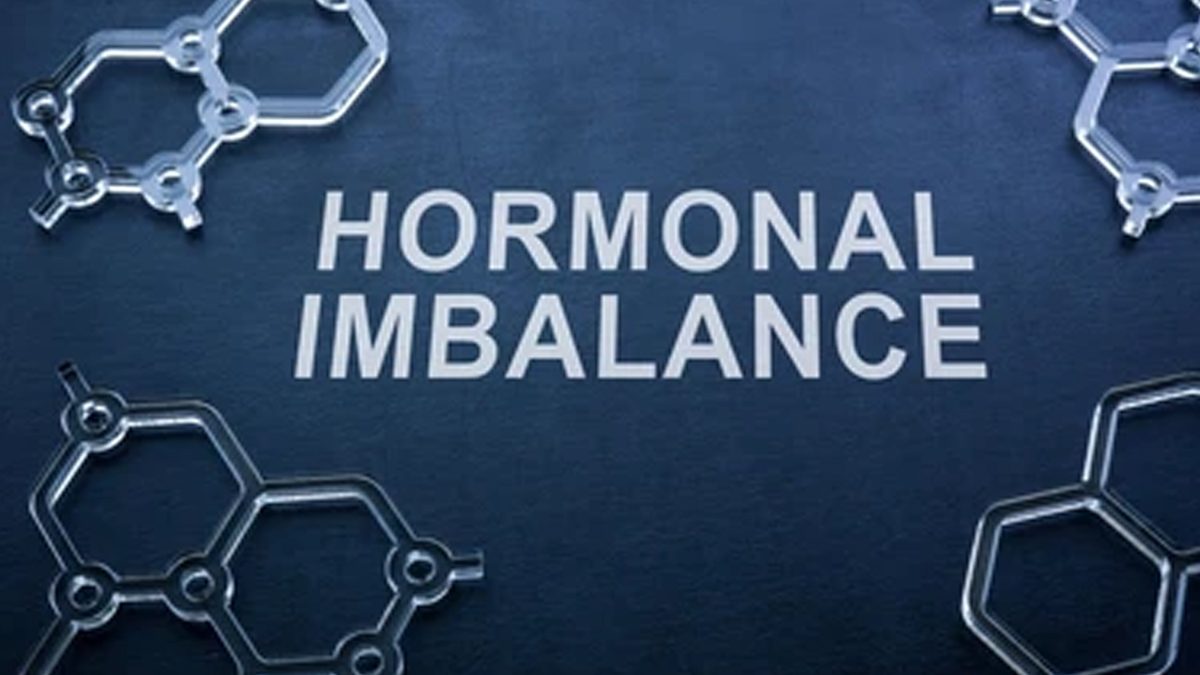
Experiencing a miscarriage is one of the most emotionally challenging events for any hopeful parent. When miscarriage occurs during or after fertility treatment, the loss can be especially traumatic, worsened by emotions of frustration, confusion, and uncertainty regarding what to do next. Many consider IVF (In Vitro Fertilisation) brings new hope, but when do you try again, and what do you consider before you do it?
Table of Content:-
We spoke to Dr Seema Jain, Director – Department of IVF and Fertility, Cloudnine Group of Hospitals, Pune, to understand the physical, emotional, and medical considerations that determine what happens next after miscarriage during or before IVF.
Understanding Miscarriage After IVF

Miscarriage, even following assisted reproductive therapy, occurs more frequently than most realise. As per the American Society for Reproductive Medicine (ASRM), clinically documented pregnancy loss occurs in about 15–25% of pregnancies. It includes all pregnancies, such as those that occur naturally and with assisted reproductive technologies, such as IVF. "The risk is somewhat greater in women undergoing IVF because of age, existing health issues, or genetic issues associated with the embryo," added Dr Jain.
It’s important to understand that miscarriage is not always preventable and does not necessarily mean that future pregnancy is out of reach. With the right care and evaluation, many women go on to have successful pregnancies, even after multiple losses.
Also Read: The Biology Of Sperm Quality In IVF: Why Male Infertility Need No Longer Be A Blockage
When Can You Try IVF Again After a Miscarriage?

“Medically, most women can consider trying IVF again after their body has healed, which usually takes 1–2 menstrual cycles or around 6–8 weeks. However, the ideal timeline may vary depending on individual health, emotional readiness, and doctor recommendations,” said Dr Jain.
Your physician will most probably conduct some tests before starting an additional IVF cycle to evaluate your overall condition and eliminate any underlying reason for the miscarriage.
These may include:
- Ultrasound scans to ensure the uterus has cleared completely.
- Hormonal tests to check reproductive function.
- Genetic screening (of parents or embryos) if a recurrent miscarriage has occurred.
- Uterine evaluations (like hysteroscopy or saline sonography) to check for abnormalities.
- Your fertility specialist will help guide the right time to restart based on physical recovery and the results of these assessments.
Emotional Healing Is Just as Important
“Although the physical body will heal fairly soon, emotional healing following a miscarriage is a slow process. Grief, guilt, or anxiety regarding another attempt are all normal. Some couples find it helpful to talk to a counsellor, a fertility psychologist, or a support group to come to terms with the loss and feel emotionally strong before trying again on IVF,” highlighted Dr Jain.
Taking a short break, engaging in self-care, and building a support system, whether through professionals, friends, or the community can help reduce the emotional toll and bring clarity to future decisions.
What Changes After a Miscarriage?
A past miscarriage might shape the plan for your subsequent IVF cycle. Depending on the results of assessments, your fertility expert might suggest:
- Genetic embryo testing (PGT-A) to minimise the risk of chromosomal abnormalities.
- Modification of medication regimens to favour implantation and early pregnancy.
- Increased hormonal tracking early in pregnancy.
- An individualised plan considering immune considerations or blood clotting disorders if indicated.
It is important to note that every IVF cycle is different. Your physician will adjust the treatment protocol to favour your prospects of pregnancy success based on previous experiences.
Also Read: Can You Conceive Naturally After Failed IVF Cycles? How Does This Happen?
Recurrent Miscarriage and IVF

If you’ve experienced two or more consecutive miscarriages, your fertility team may recommend a more thorough evaluation known as a Recurrent Pregnancy Loss (RPL) workup. This includes checking for:
- Uterine structure issues
- Hormonal imbalances (like thyroid or prolactin disorders)
- Autoimmune conditions
- Parental chromosomal translocations
- Blood clotting disorders
These findings may influence treatment decisions, such as using low-dose aspirin, heparin, or immunotherapy in subsequent IVF cycles.
Moving Forward: What to Keep in Mind
Here are some important tips for couples undergoing IVF following miscarriage:
- Take time to mourn and recover before jumping into the next cycle.
- Make a detailed follow-up with your fertility expert to learn what went wrong and how things can be altered in the subsequent cycle.
- Don't give up hope. Numerous couples have successfully conceived after a miscarriage with proper care and planning.
- Trust your healthcare team, fertility doctors are there to walk you through not only the science but the emotional and mental process too.
Bottomline
Dr Jain concluded, "A miscarriage can feel like a painful step backwards in the fertility journey, but it does not mean the journey has to end. With compassionate care, individualised medical support, and proper emotional encouragement, it's feasible to try again."
"IVF after miscarriage is an extremely personal choice, and the next step will be unique for each person. The most important thing is to listen to your body, respect your emotional requirements, and closely collaborate with your medical team to make intelligent decisions that prioritise your health and future family aspirations and guard against bone loss," she added.
[Disclaimer: This article contains information provided by an expert and is for informational purposes only. Hence, we advise you to consult your professional if you are dealing with any health issue to avoid complications.]
Also watch this video
Read Next
AI In IVF: How Artificial Intelligence Is Improving Embryo Selection And Pregnancy Outcomes
How we keep this article up to date:
We work with experts and keep a close eye on the latest in health and wellness. Whenever there is a new research or helpful information, we update our articles with accurate and useful advice.
Current Version